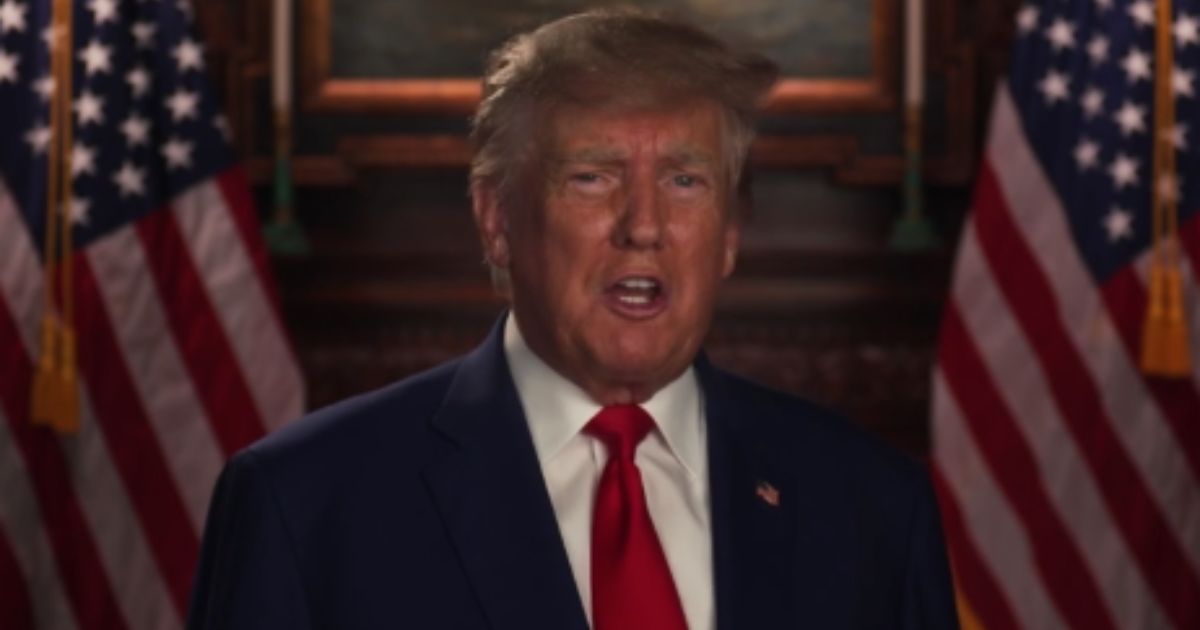Trump commutes Carlos Watson’s prison term just ahead of scheduled start
Just hours before he was due to report, Ozy Media co-founder Carlos Watson had his nearly decade-long sentence commuted by President Donald Trump.
Watson, convicted in a financial conspiracy tied to Ozy Media's collapse, was part of Trump’s broader actions to address what he considers injustices in the judicial system, as the New York Post reports.
Founded in 2012, Ozy Media aimed to deliver innovative perspectives on politics, culture, and more, focusing on minority and underrepresented voices.
The platform grew as a fresh voice in media until its operations came into question. In fall 2021, amid growing scrutiny and a damning New York Times report on internal practices, Ozy Media announced its shutdown due to allegations of securities fraud.
Watson's legal troubles intensified when he was arrested in February 2023. Earlier, two top executives from Ozy had pleaded guilty to fraud, setting the stage for Watson's subsequent legal challenges.
He was accused by prosecutors of inflating the company's revenue numbers and misrepresenting business dealings, notably involving a case where a co-founder impersonated a YouTube executive during investor negotiations.
Court’s Standpoint, Trump's Intervention Explained
Watson faced harsh scrutiny in court, where U.S. District Judge Eric Komitee highlighted the "exceptional quantity of dishonesty" in the case.
Breon Peace, then the Brooklyn U.S. attorney, described Watson bluntly: "Watson was a con man who told lie upon lie to deceive investors." Despite these condemnations, Trump intervened, cutting short Watson's impending prison term.
The clemency granted to Watson was not isolated. On the same day, Trump also pardoned Trevor Milton and three founders of BITMEX, who were convicted of involvement in various legal and financial misconduct cases.
This wave of presidential pardons and commutations underscored a significant pattern in Trump's approach to such legal interventions.
Watson, for his part, described his prosecution as racially biased "modern lynching" and protested what he called "selective prosecution."
By proclaiming his innocence and regret, Watson stated, "I made mistakes. I’m very, very sorry that people are hurt, myself included," as he contended with the severe accusations against him.
Implications for Justice, Presidential Power
This act of clemency from Trump has indeed stirred discussions on the balance between judicial decisions and presidential pardon powers.
Watson's case, seen by some as a stark portrayal of racial and systemic biases in the legal framework, stands as a controversial exemplar of Trump's last-minute interventions in the justice system.
The senior White House official, requesting anonymity, confirmed the commutation but refrained from further comments.
Reacting to these developments, Watson's lawyer chose not to remark on his client's commuted sentence. The decision, though celebrated by Watson and his supporters, leaves a divided opinion among the public and legal experts.
With this commutation, the debate over the appropriate use of presidential clemency powers is likely to intensify. As the judiciary and executive actions collide, the narrative around fairness, justice, and racial biases continues to evolve, framing a complex portrait of American legal and political dynamics.
Watson's case not only questions the legal processes but also places significant attention on the integrity and implications of executive decisions in judicial matters.





